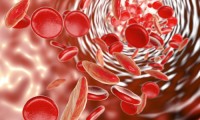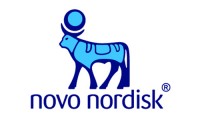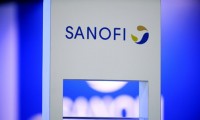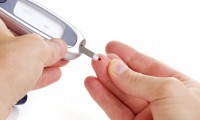-
Novo’s Wegovy Protects Heart Health in Overweight, Obese Adults
- Source: drugdu
- 113
- August 10, 2023
-
EMA Flags Potential Suicide Risk Tied to Novo’s Ozempic, Saxenda
- Source: drugdu
- 136
- July 13, 2023
-
In a new look at Novo’s Wegovy data, researchers spell out weight loss for teens
- Source: drugdu
- 101
- May 21, 2023
-
Novo moves into sickle cell with $400M EpiDestiny deal
- Source: Fiercebiotech
- 707
- April 9, 2018
-
NOVO HOLDINGS LAUNCHES USD 165M IMPACT FUND TO COMBAT ANTIMICROBIAL RESISTANCE
- Source: novonordiskfonden.dk
- 465
- March 7, 2018
-
New Drug Shows Excellent Improvement for Oral Diabetes Meds
- Source: Ddu
- 1,360
- May 31, 2018
-
Sanofi snaps up Ablynx for 3.9bn euros
- Source: Currenthollywood
- 643
- January 30, 2018
-
Semaglutide receives positive 16-0 vote in favour of approval from FDA Advisory Committee
- Source: finance.yahoo
- 609
- October 20, 2017
-
Regeneron’s midlife crisis
- Source: drugdu
- 21
- November 22, 2024
your submission has already been received.
OK
Subscribe
Please enter a valid Email address!
Submit
The most relevant industry news & insight will be sent to you every two weeks.












